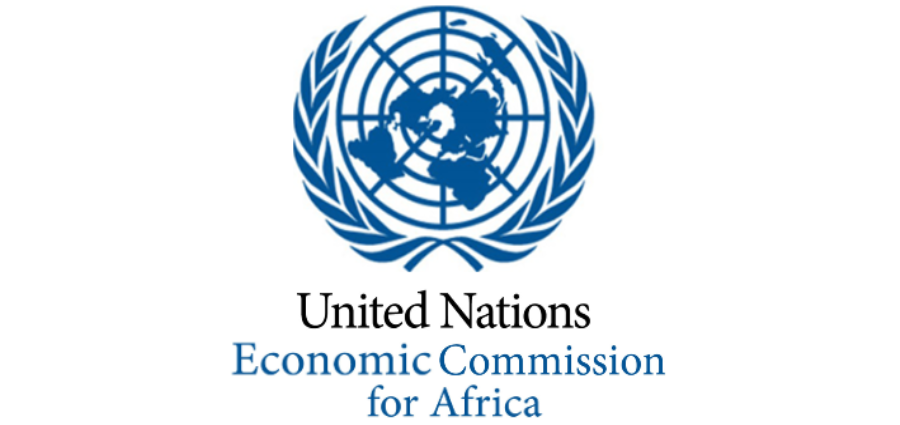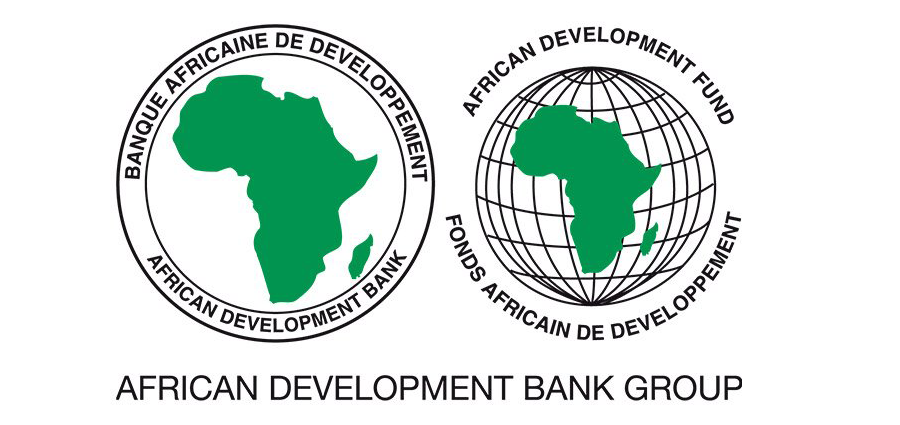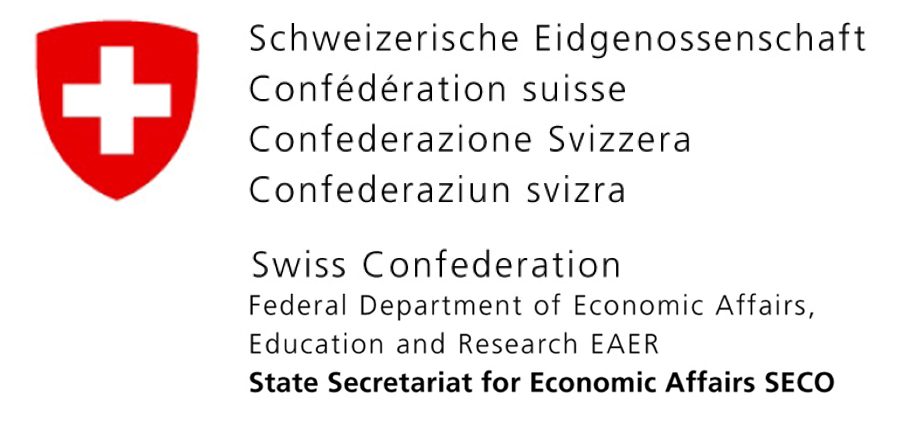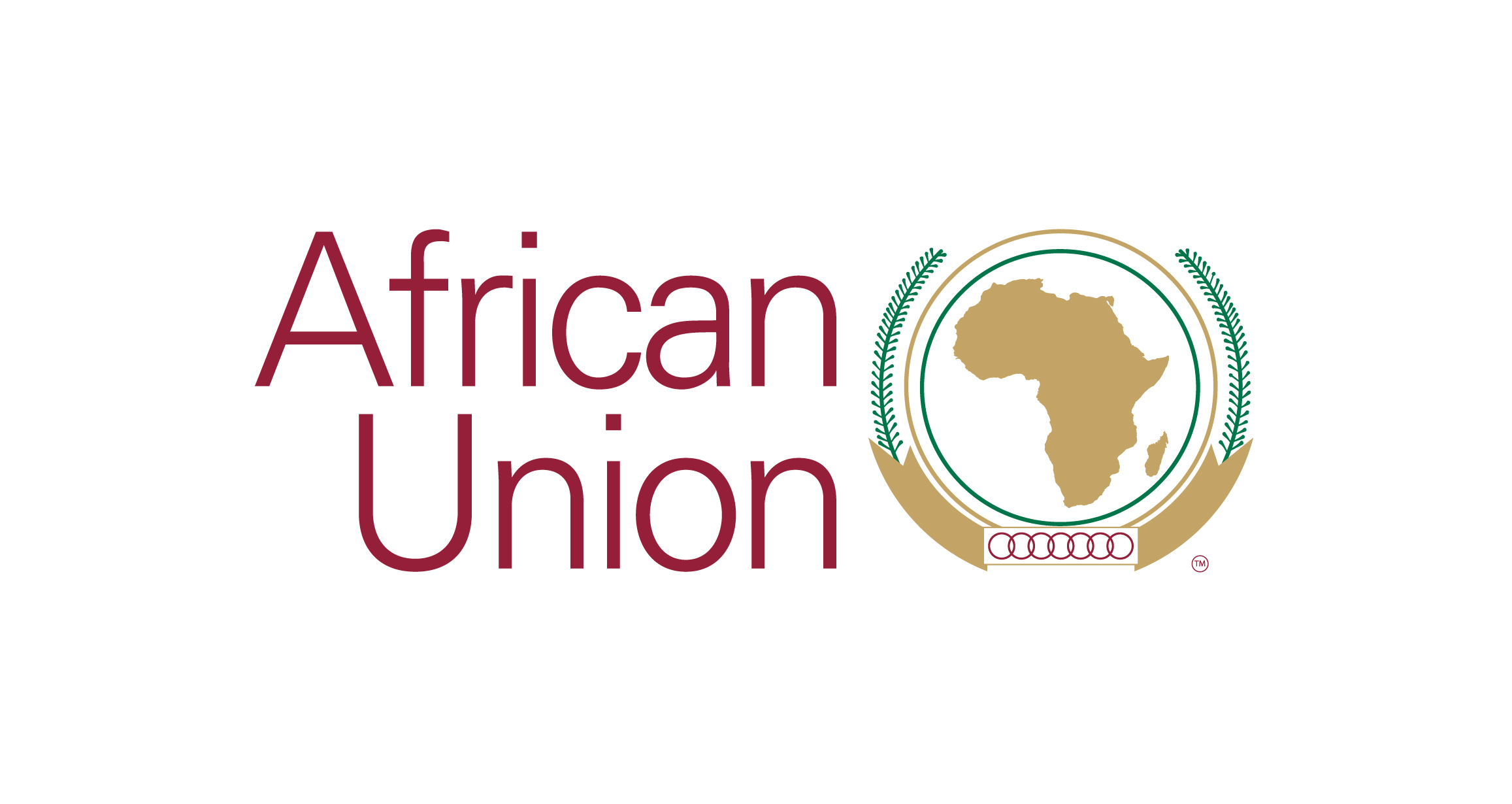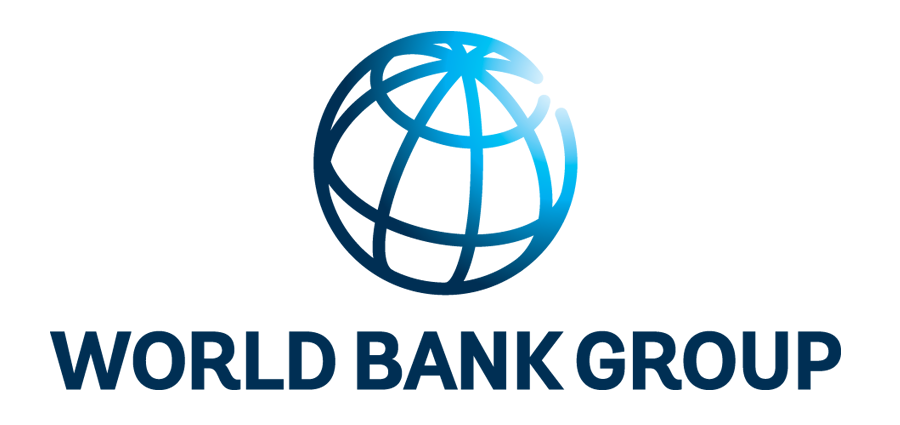Reflecting on the Present and Acting for the Future of Road Safety in Africa
“Never doubt that a small group of thoughtful, concerned citizens can change the world. Indeed, it is the only thing that ever has."
—Margaret Mead
As the magnitude of the road safety problem in Africa continues to increase, there is an urgent need to address road safety on the continent and to take action towards implementing effective and efficient interventions, which require determination, professional commitment, and sustained resources. As African economies continue to grow over the next several decades, Africa’s motor vehicle fleet will increase, and road infrastructure will expand to meet the gap. If we don’t act quickly, this growth will be accompanied by a corresponding rise in crashes. This begs the question: How do we put in place measures and policies now that will mitigate fatality and serious injury rates in the future?
Individually and collectively, a better understanding is needed of the road safety challenge that African countries are facing and how to advocate for and support highly effective road safety interventions. In Africa, road safety leadership at the technical, institutional, and societal levels is necessary. Champions who can articulate and promote effective solutions are sorely needed. Public servants who find themselves constrained from being “champions” can at least create the enabling environment in which such champions are encouraged and empowered to succeed.
Given the significant road safety issues present across African countries, road safety has been one of the three pillars of the SSATP’s Third Development Plan (DP3) and continues to be a focus under the upcoming Fourth Development Plan (DP4). SSATP has been working hard to support its African member countries with tackling the road safety crisis through various capacity-building measures. Recognizing the need for greater leadership support in road safety management, SSATP offered a series of road safety leadership courses to its member countries. The main objectives of the Road Safety Leadership Program (RSLP) are to:
-
Develop awareness of the road safety challenge and promote the need for strong champions and advocates at the country level.
-
Develop leadership capabilities in road safety planning, implementation, management, and operations.
-
Create a network among stakeholders and partners so that best practices can be shared in the future.
Over the past four years, three RSLP offerings were attended by over 70 people from 30 African countries and a varying range of sectors and leadership positions. For the most recent fourth edition of the Program, which was held virtually from June 10-24, SSATP invited the alumni of earlier courses to make presentations alongside the course moderators, senior international road safety experts, Prof. Fred Wegman, and Martin Small. All the speakers were outstanding road safety leaders, bringing a wealth of both African and global experience, which further enhanced the content of the fourth Program. In total, forty participants from Benin, Cameroun, eSwatini, Kenya, Lesotho, Liberia, Morocco, Malawi, Mali, Namibia, Nigeria, Zambia, and Zimbabwe attended the training.
The course was held online over five days and covered a wide range of topics. The opening session was led by Ibou Diouf, the World Bank’s West and Central Africa Transport Practice Manager; he spoke to the participants of their responsibilities and after each session asked them to reflect on their roles as leaders back in their respective countries. The first day covered the overarching issues of the global road safety agenda, governance and leadership, and strategy and planning. The participants heard from practitioners in South Africa and Ethiopia about the development and implementation of road safety strategies. The second day covered issues related to data, mobility, pedestrians, and motorcyclists, with country presentations from Kenya, South Africa, and Ghana highlighting practical examples. Day three focused on issues of infrastructure and speed management while day four highlighted issues of regulation and enforcement. The final day looked at post-crash care issues and ended with a conversation between three road safety leaders – the heads of Nigeria and Morocco’s lead agencies and the Global Road Safety Lead of the World Bank – reflecting on their experiences over the years. There was robust discussion after each presentation with participants raising questions and describing challenges and successes in their respective countries. Ibou Diouf closed the session by urging participants to use the course as an opportunity to network with each other and connect with SSATP and the course organizers to exchange ideas and solicit support for developing road safety plans and strategies. He emphasized that in the coming DP4, SSATP remains committed to continuing the Road Safety Leadership Program and supporting the development of sound, sustainable transport policies in Africa.
Feedback from participants indicated the appreciation that they have for this training. R. Mongwe, the Chief Strategy Officer of South Africa’s Road Traffic Management Corporation (RTMC) said, “It was great to see familiar names, hear familiar voices and see familiar faces. Looking forward to the days ahead.” Meanwhile, R. Lisinge, the Chief of UNECA’s Operational Quality Section offered his “congratulations for a successful meeting.” All in all, participants found the ability to interact with their peers from other countries invaluable, and the global and regional knowledge that they attained critical to enhancing their ability to do their work and champion road safety in Africa.

